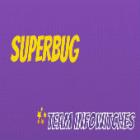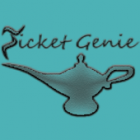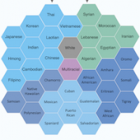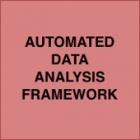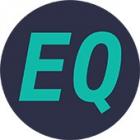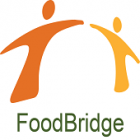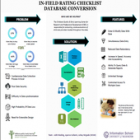
SearchParty - Making Search Meaningful & Actionable
One of the popular tools on the Pitchbook platform is their search engine, that allows investors to find what they are looking for from nearly a million records of possible investments. Currently their search engine offers an overwhelming number of search results without any meaningful order, and leaves little room for discovery. Our capstone project attempts to fix that by introducing a relevance factor to rank the search results, and by allowing the user to discover possible investments similar to previous successful investments, made either by the investor himself or by others. This makes search more meaningful and actionable for Pitchbook’s clients.


